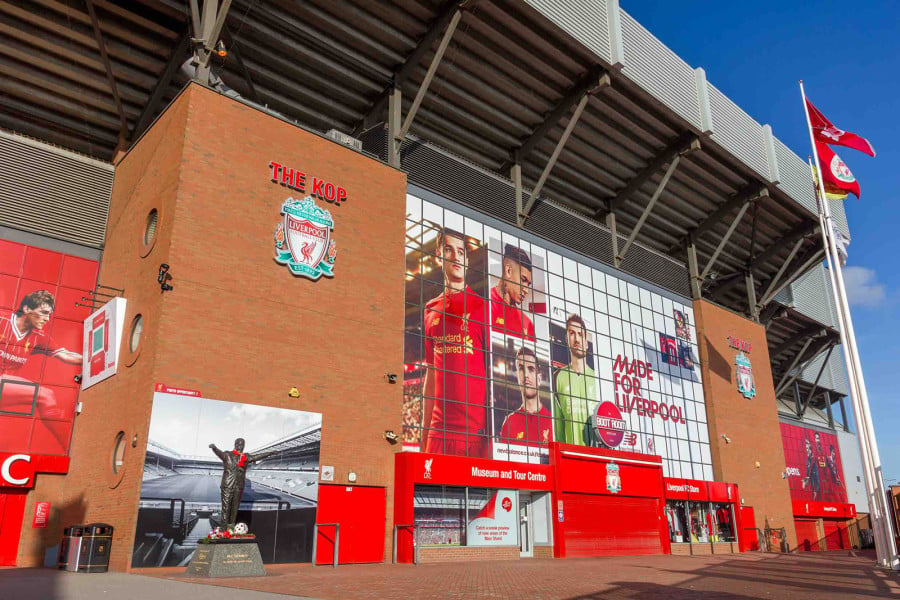Claiming commission on football sponsorship deals: lessons for agencies & clubs from Winlink v Liverpool FC

By sponsoring an English Premier League club companies can promote themselves to a loyal audience of over three billion people. It is not surprising that many are prepared to pay handsomely for the privilege.[1]
The value of sponsorship deals has inflated at almost the same rate as the value of individual players, causing a secondary industry to develop around them. Although some teams have in-house commercial and sales departments, others prefer to source sponsors through sports marketing agencies like CSM, Sportquake and Pitch Marketing Group. Acting as intermediaries, those agencies can introduce rights holders to interested companies and seek to broker a deal.
Given the increasing number of intermediaries, the rising value of deals and the informal nature of the sports marketing world, disputes over commission have become more common. Winlink v Liverpool Football Club[2] is the first such dispute to reach the courts. The judgment offers a view of the commercial approach of the parties and also serves as a warning to sports clubs and especially marketing agencies to be clear about the terms of their retainer. This article examines the case, looking in turn at:
- Facts
- The arguments at trial
- The decision
- What can be learned from the judgment
By way of disclosure, the author acted as junior counsel for Liverpool FC in the proceedings.
To continue reading or watching login or register here
Already a member? Sign in
Get access to all of the expert analysis and commentary at LawInSport including articles, webinars, conference videos and podcast transcripts. Find out more here.
- Tags: Commercial | Contract | Dispute Resolution | Football | Premier League | Sponsorship | UK
Related Articles
- Discrimination in football: a guide to The FA’s new charging policies and sanctioning guidelines
- Indian sports law update: BCCI conflict of interest cases and IPL’s Covid-19 rules
- Trinidad and Tobago Football Association v. FIFA – the validity of normalisation committees and exclusive jurisdiction of CAS
- Key trends in sports broadcasting: does the model really need to change?
Written by
Theo Barclay
Theo Barclay is a barrister at Hailsham Chambers specialising in commercial litigation. He was instructed by Liverpool Football Club’s in-house legal team in Winlink v Liverpool Football Club and in New Balance v Liverpool Football Club [2019] EWHC 2937 (Comm).




